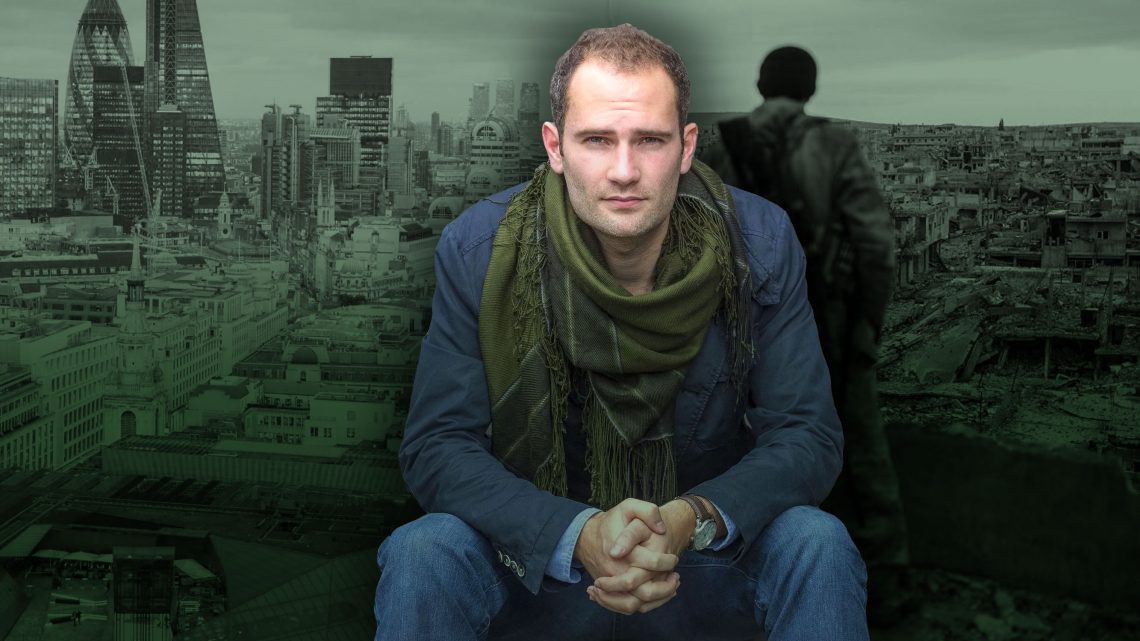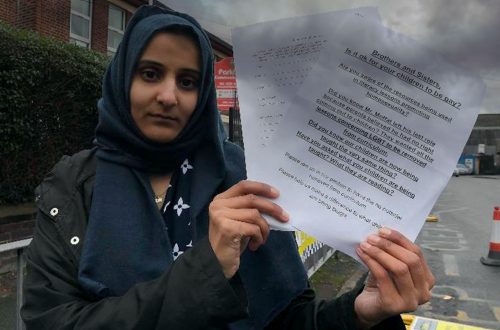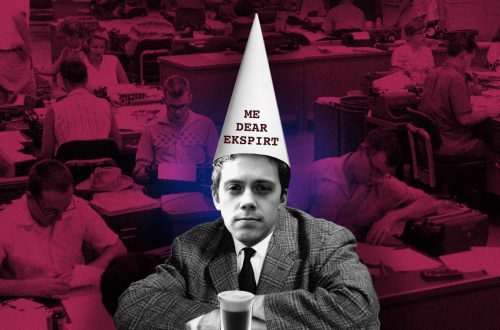While unsurprisingly a great deal has been made about villains returning from Syria – like ISIS bride Shamima Begum, the callous youth unfazed by decapitated heads – a lot less has been made about the heroes.
Former Harry’s Place contributor David T – now director of policy for Quilliam – has hosted two podcasts with one such returning hero, ‘Macer Giffford‘ (not his real name), a former city worker who gave it all up to go and fight alongside the Kurds against ISIS.
You can listen to the who episodes here:
It is a very enjoyable conversation: David T is a charming host and Macer is a natural storyteller, and the life and motivations of a foreign fighter are explored in detail, but I’d like to point out a few standouts for me:
- Ed Miliband’s blocking of British air support in the fight against ISIS cost lives. Many lives. Nevertheless Milliband is apparently unrepentant.
- Much maligned for his eagerness to withdraw, American military support only turned the tide against ISIS when Donald Trump took office. That’s the estimation not of a media pundit, but of a man fighting door-to-door, hand-to-hand to liberate Raqqa.
- The Americans furnished Kurdish forces with a phone app that allowed them to call in air strikes against ISIS positions with as much ease as ordering an Uber.
- The graphic horror of the Syrian war with Isis motivated many British people to join in. The cruelty of beheadings, slavery and torture inspired the likes of the Begums and the Jihadi Johns to join the monsters, while it motivated Macer and others to defend the Kurds and the Yazidis. Unlike the troublesome Begum, many did not return.
- Macer’s view is that those motivated to join ISIS in the full knowledge of their widely publicised cruelty are a danger to Britain if they return. His sincere view is that they should be put in a special prison and the key should be thrown away.
Some may argue that this last point is not proper or civilised, but they did not see what Macer Gifford saw with his own eyes. David T does mount a spirited defence of the strategic benefits of successful deradicalisation, but I’ll leave it to the listener to determine who they think is right.
In all, it is two half-hour conversations well worth the time; and I don’t think as thorough a public debriefing of a man with such valuable experience exists elsewhere in the mediasphere. So check it out.





